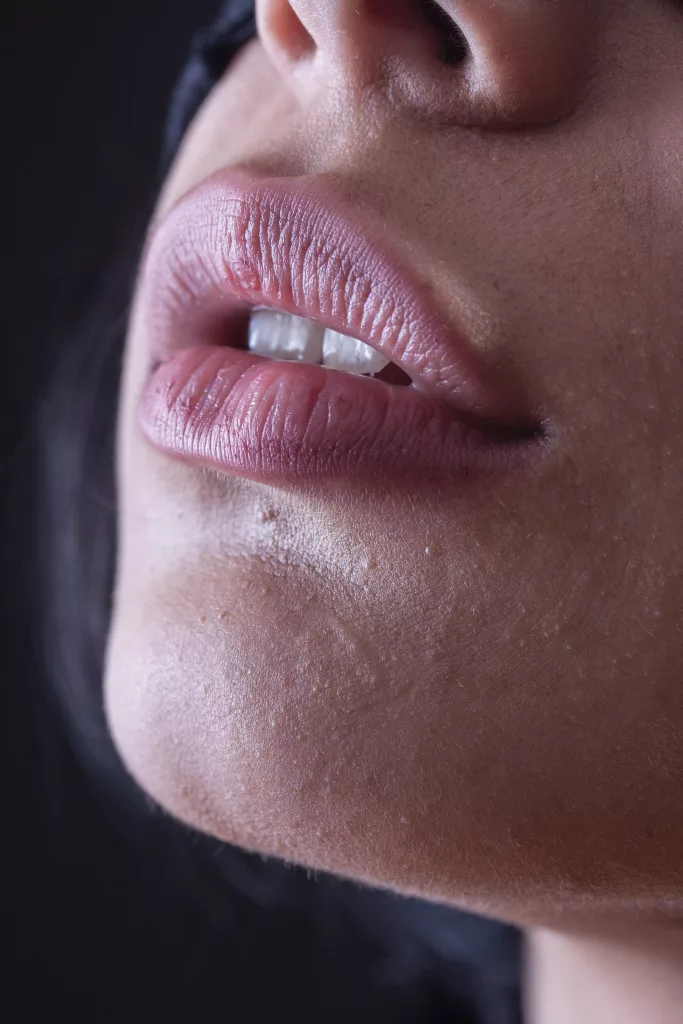What are really the signs that you’re dehydrated? Water is the essence of life, and staying adequately hydrated is crucial for maintaining our overall health and well-being. Our bodies rely on water to perform essential functions, from regulating body temperature to aiding digestion and supporting organ function. However, many of us underestimate the importance of hydration and fail to recognize the signs when our bodies are crying out for water. In this blog post, we will explore seven common signs that indicate you may be dehydrated. By paying attention to these signals, you can take proactive steps to prioritize hydration and optimize your health. Let’s find out what are the signs that you’re dehydrated.
Be aware of these signs that you’re dehydrated.
1. Thirst
One of the most obvious signs of dehydration is feeling thirsty. When your body lacks sufficient water, it sends signals to your brain, triggering a sensation of thirst. However, it’s important to note that by the time you feel thirsty, you may already be mildly dehydrated. Therefore, it’s essential to drink water regularly throughout the day, even if you don’t feel particularly thirsty.

2. Dry Mouth and Lips
Dry mouth and cracked, chapped lips are additional indicators of dehydration. When you’re dehydrated, your body conserves moisture by reducing saliva production. This can leave your mouth feeling dry, sticky, or uncomfortable. Likewise, your lips may become dry, flaky, and more prone to cracking. If you notice these symptoms, it’s a clear sign that you need to replenish your fluid intake.
3. Dark-Colored Urine
Having a dark-colored urine is one of the signs that you’re dehydrated. Monitoring the color of your urine can provide valuable insights into your hydration levels. If your urine is dark yellow or amber, it suggests that you’re not drinking enough water. In a well-hydrated state, urine should be pale yellow or almost clear. Dark-colored urine indicates concentrated waste products, a sign that your body is trying to conserve water. Make a habit of regularly checking the color of your urine to ensure you’re adequately hydrated.
4. Fatigue and Lethargy:
Dehydration can cause feelings of fatigue, sluggishness, and reduced energy levels. Water is essential for the efficient transport of oxygen and nutrients to the cells in our bodies. When we’re dehydrated, our blood becomes thicker, making it harder for the heart to pump blood efficiently. This can result in decreased oxygen flow to the muscles and organs, leading to fatigue and lethargy.
5. Headaches and Dizziness

Headaches and dizziness are also one of the signs that you’re dehydrated. When you’re dehydrated, blood volume decreases, which can affect blood flow to the brain. This reduced blood flow may trigger headaches and dizziness. If you frequently experience these symptoms, particularly when combined with other signs of dehydration, it’s crucial to increase your water intake to alleviate the discomfort.
6. Dry Skin and Poor Skin Elasticity:
Water plays a vital role in maintaining skin health and elasticity. In a dehydrated state, the skin loses its natural moisture, leading to dryness, tightness, and a lackluster appearance. Additionally, when you pinch the skin on the back of your hand, it should return to its normal position almost immediately. If the skin takes longer to bounce back or retains a pinched shape, it’s a sign of dehydration.
7. Muscle Cramps and Joint Stiffness
Dehydration can contribute to muscle cramps and joint stiffness. Without sufficient water, the body struggles to maintain electrolyte balance and optimal muscle function. Electrolytes, such as sodium and potassium, are essential for muscle contractions and nerve signaling. When they are imbalanced due to dehydration, it can lead to cramps and increased muscle soreness.
Conclusion
Staying hydrated is crucial for maintaining our health and well-being. By recognizing the signs of dehydration, such as thirst, dry mouth, dark-colored urine, fatigue, headaches, dry skin, and muscle cramps, we can take proactive steps to prioritize our fluid intake.
Remember to drink water regularly throughout the day, particularly during hot weather or physical activity. By listening to your body’s cry for water, you can ensure that you’re properly hydrated and support your overall health.
Disclaimer: This is for informational purposes only.
What do you think about these 7 Signs That You’re Dehydrated? Did you find this helpful? Let us know in the comments.
You can also visit our Facebook and YouTube pages to know more about plants and their health benefits.
You might also like:








